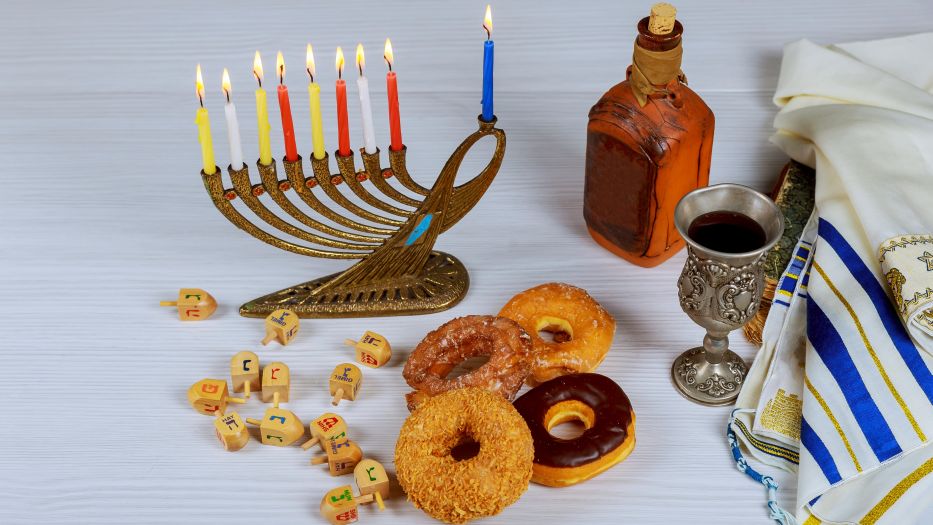By Ndumiso Tshuma
As the Jewish community around the world enters a season of reflection and celebration, it is a time to appreciate the essence of Jewish holidays and their profound significance.
These holidays are more than just calendar events—they are deeply rooted in faith, history, and tradition, strengthening communal bonds and individual identity among Jews.
Purim: A Celebration of Liberation
Dates: March 6–7
Celebrated in late winter or early spring, Purim marks the Jewish people’s survival from a plot to annihilate them in ancient Persia, as told in the Book of Esther. The holiday features masquerades, feasting, and the giving of gifts to the poor, reinforcing themes of bravery, identity, and community solidarity.
Passover (Pesach): Freedom and Redemption
Dates: April 5–13 (with the first two nights celebrated with Seders on April 5–6)
Passover commemorates the Exodus from Egypt and the Israelites’ liberation from slavery. The Seder meal, held on the first two nights, features symbolic foods and the retelling of the Exodus story, reinforcing themes of freedom, family, and hope.
Shavuot: The Giving of the Torah
Dates: May 24–26
Shavuot, celebrated 50 days after Passover, marks the giving of the Torah at Mount Sinai. It is a time for study, reflection on Jewish law, and the enjoyment of dairy foods, symbolising the sweetness of knowledge and faith.
Rosh Hashanah: The Jewish New Year
Dates: September 15–17
Rosh Hashanah marks the beginning of the Jewish New Year and is a time for introspection, self-assessment, and renewed commitment to faith. Traditions include the sounding of the shofar (a ram’s horn), symbolizing a call to repentance and spiritual awakening. This holiday also begins the Aseret Yemei Teshuvah, or Ten Days of Repentance, leading up to Yom Kippur.
Yom Kippur: The Day of Atonement
Dates: September 24–25
Yom Kippur, the holiest day in the Jewish calendar, is observed with a 25-hour fast and intensive prayer. It is a day of atonement and repentance, during which individuals seek forgiveness from others and God to achieve spiritual cleansing and renewal.
Sukkot: The Festival of Booths
Dates: September 29 – October 6 (with the first two days observed as holidays on September 30 – October 1)
Sukkot commemorates the Israelites’ 40 years of wandering in the desert after their escape from slavery in Egypt. Families build temporary structures called sukkot to reflect on life’s fragility and to appreciate the blessings of the harvest, emphasizing gratitude and hospitality.
Simchat Torah: Rejoicing in the Torah
Dates: October 6–7
Simchat Torah occurs immediately after Sukkot and celebrates the completion and renewal of the annual Torah reading cycle. Communities gather for joyous processions, dancing, and singing, symbolizing the enduring connection between the Jewish people and their sacred texts.
Hanukkah: The Festival of Lights
Dates: December 7–15
Hanukkah, often called the Festival of Lights, lasts eight nights and commemorates the rededication of the Second Temple in Jerusalem following the Maccabean Revolt. Families light menorahs, spin dreidels, and enjoy traditional foods like latkes and sufganiyot, embodying themes of resilience and miracles.

